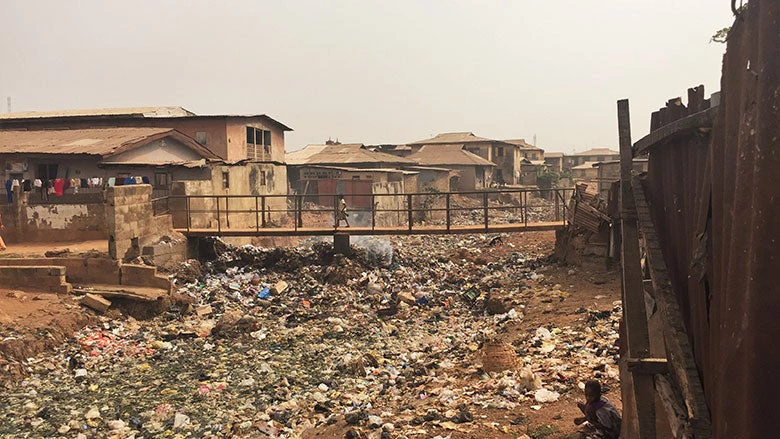
In a rapidly urbanizing world, our incautious thirst for plastics and non-degradable products continues to adversely affect local environments and air quality, and contributes to climate change. The need to rethink how to collect and dispose of solid waste is urgent. Whilst many countries and cities have put forth encouraging efforts to recycle and reduce waste, the levels of consumption and the production of waste continue to increase.
Many of the current infrastructure systems and services of cities are already stretched to capacity and effectively act as the backbone to ensure cities are able to function. Services such as solid waste collection and disposal require significant investments.
Traditionally, solid waste management falls within the responsibility of local governments. However, with limited budgets and increasing demand, many state governments have understood the tremendous benefits of partnering with the private sector.
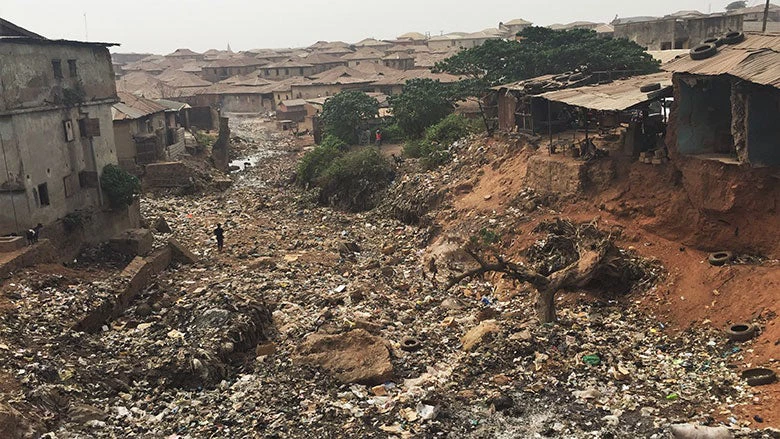
Supported by the Public-Private Infrastructure Facility (PPIAF), the World Bank undertook a series of stakeholder workshops, policy reviews, and desktop studies to explore the current conditions of the solid waste management sector in Ibadan, Nigeria. These activities have supported the Ibadan Urban Flood Management Project, which aims to improve the city’s resilience to future flood scenarios in response to the floods of 2011 that caused more than 120 deaths and serious damage to key infrastructure.
Although flood risk and solid waste management may not be directly connected, the project team in Ibadan has witnessed a lack of appropriate facilities and services and the buildup of discarded waste polluting the city’s streets, roadways, and rivers. During the rainy season, the discarded waste blocks drainage systems and exacerbates the city’s ability to manage flood scenarios. The waste also gets washed into the river systems, harming local biodiversity as well as damaging—or even destroying—bridges, culverts, and other infrastructure.
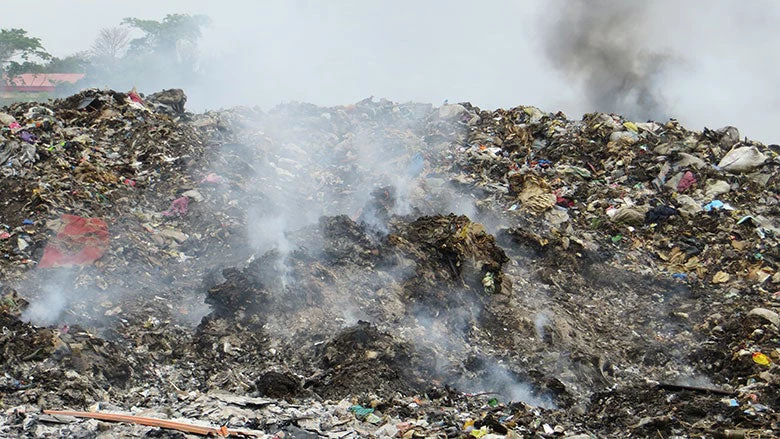
A new report entitled “Private Sector Participation of Solid Waste Management Activities in Ibadan”—authored by the World Bank with support from Ernst & Young and Egipe SAR—provides the Oyo State Government with recommendations to improve the technical, legal, and institutional environment for the immediate, medium and the long-term interventions for greater private sector participation in solid waste management. These recommendations will help reinforce the State’s commitment and efforts to improve solid waste management. Although the study focuses on Ibadan, many of the obstacles and especially many of the lessons learnt will be applicable to other cities in Nigeria and across Sub-Saharan Africa.
Creating an efficient waste management system in Ibadan requires many improvements and interventions across the value chain. The study finds that whilst private sector operators have been involved in the collection of waste, there are many obstacles to obtaining permits/contracts, including the duration of permits only lasting for one year. This limits the prospect for long-term investments and discourages the improvement of efficiency in service delivery. It is therefore recommended that longer-term, performance-based contracts be established for waste collection and waste processing, which will also need to include the appropriate enforcement of regulations and non-compliance.
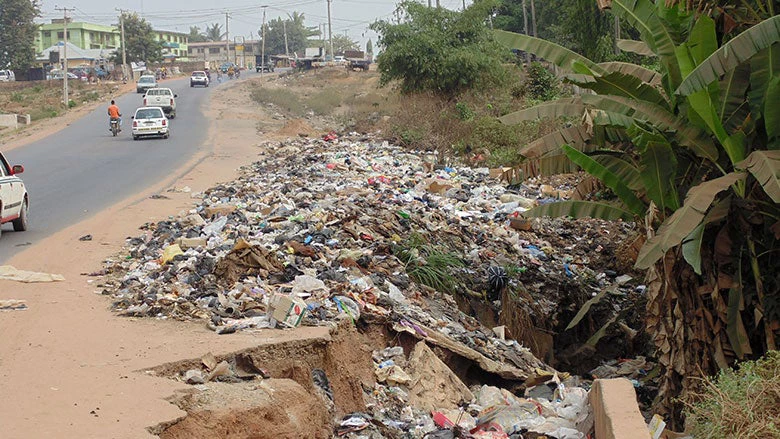
Solid waste management has been a compounding issue for several decades in Ibadan, leading to communities being unwilling to pay for waste collection. This is impeding the private operators’ potential viability to provide services, as well as polluting the cities’ rivers and roadways thereby significantly increasing health risks.
Therefore, there is a need to develop strategies to engage with community leaders to raise awareness of the need for paid waste removal and management services and to increase transparency on how the fees are being used. It is crucial to develop education tools for communities to better understand the relationship between solid waste and increased flood, health, and environmental risks.
Improving private sector participation is a comprehensive process that requires extensive interventions, consultations, and strong regulation of both the waste producers and private operators in the waste management value chain. It requires reliable collection of waste management data to inform performance-based decision-making. It also requires significant investment in infrastructure and human capacity to improve productivity and create a viable and sustainable waste management system. Implemented correctly, such a system will help increase the transfer of costs to waste producers and reduce the level of required public investment over time, as the private sector demonstrates viability and delivers better services.
Download the synthesis and full report “Private Sector Participation of Solid Waste Management Activities in Ibadan.”

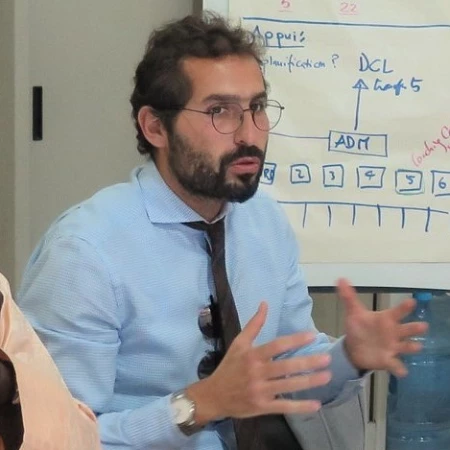
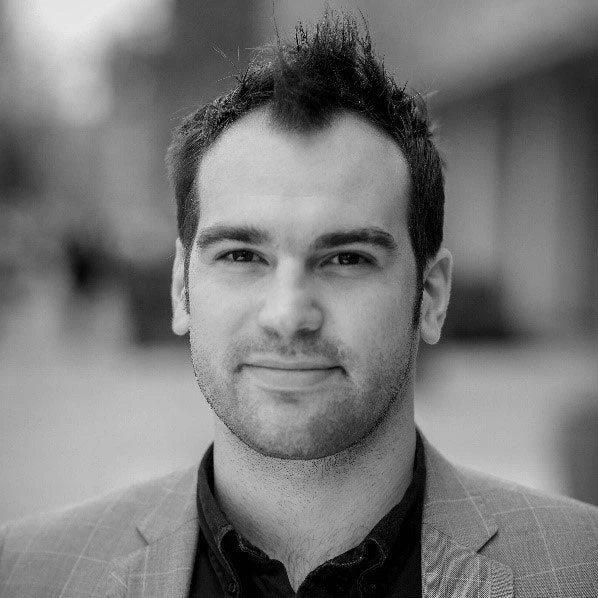
Join the Conversation